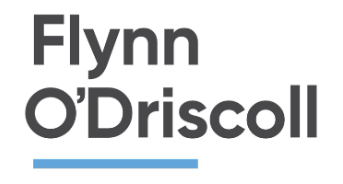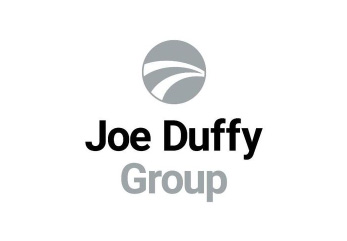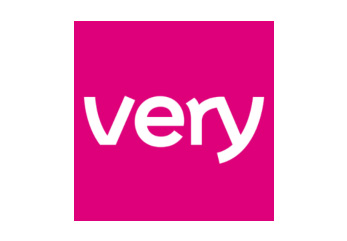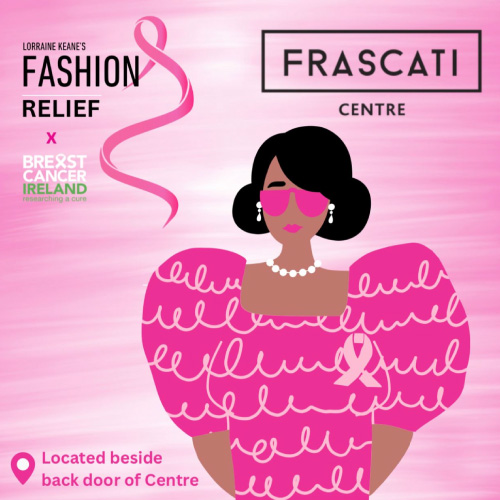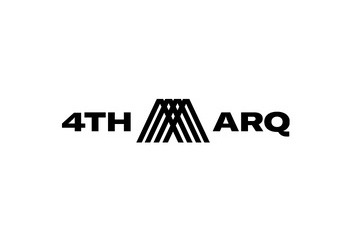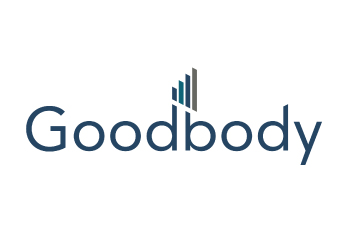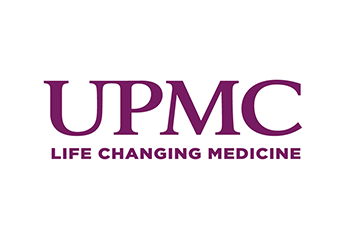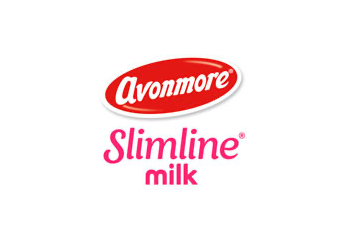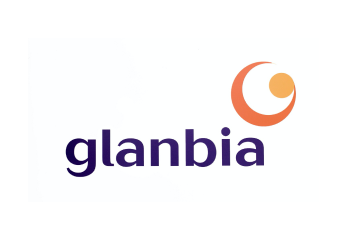After her breast cancer diagnosis, Emma Cassidy shares her story of love and hope
Emily Hourican, The Independent, February 1st, 2021
Emma Cassidy’s son, Sam, is just over six weeks old when we speak. Like any other first-time mother, she is tired, perhaps a little apprehensive, and exhilarated. Although for Emma, a science and PE teacher, the exhilaration may be even more pronounced.
“I wasn’t sure whether I’d be able to have a baby,” she says. She is referring to the treatment — a double mastectomy, chemotherapy and radiotherapy — she went through after being diagnosed with triple-negative breast cancer in June 2017.
“I hadn’t had any fertility tests done, but they do warn you about the possible effects of chemotherapy on your reproductive system. It can age you, biologically, making it harder to conceive. I’ll be 34 in March, and they say your fertility drops in your 30s anyway…”
“When I was first diagnosed,” she continues, “they did talk to me about freezing eggs, but at the time I wasn’t with my partner so I decided against it. I didn’t have the headspace really to think about it, and I was so anxious to get started. I was wary of anything that would have delayed treatment, because the type of breast cancer I had — triple-negative — is quite aggressive. I was 30 at the time, and they did say there’s a good chance things will go back to normal, so I was reassured by that in my mind.
“When I finished treatment, my cycle came back a few months later, but I noticed it had changed in duration — it was a lot shorter — and that was worrying to me. I wondered did it mean something was wrong.”
In fact, Emma and her partner — who she got together with after treatment — were booked in for a fertility check early last year. “That appointment was cancelled because of the first lockdown,” she says, “and as it happens, although we didn’t know at the time, I was already pregnant.”
And so, here she is, with baby Sam, who was born just before Christmas. “Coming up to labour I was nervous. I didn’t know what to expect in terms of my partner being allowed in, but in fact, it was an absolutely lovely experience. The staff, midwives, everyone in Holles Street was just so nice.”
It is a view of the health system that, happily, has been consistent ever since her cancer diagnosis, when she was just 30. “That diagnosis only came about because my GP is so amazing,” she says. “He’s been my GP since I was a baby. When I went to him quite soon after I turned 30, to say I was very tired, overly fatigued — I’d sleep eight or nine hours a night and feel I hadn’t slept at all — and my skin and hair felt very dull and dry, he decided to investigate thoroughly, because he knows I wouldn’t be like that normally.
“The symptoms I had aren’t known symptoms of breast cancer, so he started with blood tests, and they were fine. I was put on vitamin B12 injections every week for energy, and he said, ‘Come back in three weeks and see if you feel better.’ I didn’t.
“At that stage, he tested my thyroid, and that was fine, and then he said, ‘Do you check your breasts regularly?’ As it happened, I wasn’t as vigilant as I should have been — when you’re 30, you don’t really think about that. So he made an appointment at the breast clinic in Beaumont ‘just to rule that out…’”
At the clinic, Emma was given a “thorough examination from a doctor there, who said, ‘There is a lump, it’s in quite deep. We’ll send you for an ultrasound now. It’s probably nothing, but we’ll have a look.’ So I did the ultrasound, then they said, ‘We’ll do a mammogram as well.’ I was so naïve,” she says. “I was thinking, ‘Wow, this is so fantastic, such a thorough service.’
I did the mammogram, and a second mammogram, then they sent me and my mam, who was with me, for lunch and told us to come back afterwards as they were going to biopsy three areas. At that stage, I did ask, ‘Is this normal?’ And they were very reassuring and told me, ‘It is a triple assessment clinic.’”
In all, Emma and her mother spent from 8am to 6pm in the clinic that day, and were told to come back a week later for the results. “We were called in to the consultant, and there was a nurse there in the room with us, and then I did think, ‘OK, there’s something here, but they’ll just remove it and monitor me…’ I didn’t let myself think anything worse than that. The consultant pointed out three areas of ‘abnormality’, and my mam said, ‘Does abnormality mean cancer…?’”
It did. “The lump was cancerous, the lymph node was cancerous, and the other breast looked troubling, with areas that were pre-cancerous,” Emma recalls. “At that stage I was told, ‘Your surgeon will talk to you about your mastectomies,’ and that’s when I burst out crying, realising it wouldn’t just be a lumpectomy or something small.”
In fact, there was a question over whether to have a double mastectomy — with the decision left to Emma. “The other breast could have been just a lumpectomy, but I decided, no, I’ll go with both of them. My surgeon thought I was making a sensible decision.” Later events would prove the wisdom of that decision.
Emma sounds as though she was remarkable cool-headed throughout this, but “there were moments where I burst out crying,” she says. “I’m only human, like anyone else. But I wanted to know everything that was happening, I wanted to make sure that I took everything in. I was worried about how I’d feel about my body afterwards — I would have had a large chest before, so the surgery would be a big change, and that did bother me.
“But in fact, the overwhelming feeling after my surgery was, ‘This is gone. They’ve taken it out!’ And when I looked at my body, I didn’t look the way I thought I would — they do such a good job. I was surprised at how OK I felt about it. I wasn’t sick looking at myself, I felt strong, I felt, ‘The cancer is gone, this is brilliant.’”
After surgery, Emma started chemotherapy – “two different types. I started at the end of August, and I finished up four days before Christmas. The hair loss was a big thing for me. From childhood I would have been known for my hair – big, wild, curly hair. I decided to shave it before it fell out, to take back a bit of control. If I had to lose it, I wanted it to be on my terms. My friend shaved my head for me the day before I started treatment.”
How did she cope with chemo? “I coped quite well. I managed to get out most days for a walk. I had a lot of tiredness, but I didn’t have a lot of nausea. I just focussed week by week, and told myself, ‘all going well, this will be the best Christmas present ever, to be finished with this.’ I had an allergic reaction to the second type of chemo, and was hospitalised, but they dealt with it so well and switched me to a different type.”
And when she finished, in December 2017? “It was just such a wonderful feeling. I remember the last batch, watching the time clicking down to zero, my parents and my cousin with me, and thinking, ‘that’s it, that’s done, another step done.’ It was incredible to reach that point. Radiotherapy was next, and by then I could think ‘bring it on!’ Radiotherapy to the breast isn’t that bad so I got through that ok.”
Throughout, Breast Cancer Ireland were a wonderful support. But, she says: “I found the aftermath tougher – in treatment, you’re in this bubble. When you finish, people think ‘you’re better now…’ But I felt adrift; ‘what do I do now?” During treatment, there are so many appointments you don’t need to think about what to do next, you’re in a safety net. Afterwards you have to think, ‘how do I lead my life now?’ At the time I was single, and I did think to myself – it wasn’t the main issue on my mind but – how do you go about having a relationship, meeting someone, after cancer? Your new body, how do you broach that? How do I navigate this new body, new life? Will anyone understand how I feel? My fears, my anxiety around scans?”
In a wonderful turn of fate, Emma reconnected with Keith, who she had known when she was at school. “We met on a school trip when we were 17 and were friends after that but had lost touch. But he was still friendly with friends of mine, and he had heard about my illness, so I didn’t have to go through the whole rigmarole of explaining.
“He was comfortable asking me questions, and I like that, I don’t have an issue speaking about it but I don’t necessarily want to bring it up… But he didn’t tippy-toe around it. We never had to have ‘The Conversation’.”
Early in their relationship, quite soon after she had finished treatment, Emma was given a piece of very difficult news. She had tested positive for the BRCA 1 gene, meaning she has a far higher risk of breast cancer, but also ovarian cancer. She also has a 50% chance of passing that gene on to her children.
“That was nearly worse than finding out the original cancer diagnosis,” she says. “At least with that, I knew, ‘ok, this is the plan, and hopefully afterward I’ll be ok.’ When you’re told something genetic is wrong, that’s a different thing. My risk of ovarian cancer now is quite high. At around the age of 35/36, I’m going to have to consider having my ovaries and tubes removed, quite drastic surgeries. I was so thankful I’d chosen to have the double mastectomy, because otherwise I would have had to go back and get it done again.”
This news came to Emma around the same time she and Keith had begun seeing one another, “it was pretty early on in our relationship, so I said ‘listen, I’m going to tell you this; I have this gene, this is what the implications could be, because I don’t want it to cause an issue later. You can leave if you want to leave.’ And his response was ‘that’s not any sort of issue for me. I’m with you and I’m happy with you, and if it means children aren’t in our future, I’m still happy with you.’ Knowing I had such a supportive partner took away a lot of the anxiety for me,” Emma says.
“He was so understanding. He said the main thing is that you stay healthy, and we’re happy, and we’re not going to worry about that. Because of that, I knew there was a chance pregnancy might not happen, but I was quite relaxed about it – I felt ‘there’s no point worrying about this.’”
And when it did happen, they were overjoyed – and apprehensive. “In the early days of the pregnancy, I was quite anxious. I suppose everybody is until you get to that 12 week mark. Lockdown worked out quite well for us, because we didn’t have to tell people. The first few weeks, we didn’t even really speak about it ourselves. I didn’t want to get too excited, and jinx myself, until we got to the 12 weeks. Genes were in my mind a lot as well, because I have a 50% chance of passing the BRCA 1 gene on – and particularly with a girl, the effects are so considerable. You feel guilt – ‘am I going to give that to my baby? Am I going to have to have that conversation… How do you have a talk like that with your daughter?’”
Her mother, she tells me, “was praying for a boy. Because for men, you have a higher risk of prostate cancer than the general population, but it’s slightly higher; it’s a more devastating thing for a woman.”
Emma’s mother’s prayers were answered. After an easy pregnancy, Sam, Emma’s son, was born. “I think we will have a conversation with him when he is older and definitely let him know about the BRAC 1 gene, and let him decide when he wants to get tested. We don’t want it to be a big frightening conversation so we will be open with him about my story in a gentle way as he grows up.”
Meantime, “I’m just so happy,” she says. “Happy to be healthy again, to have a baby, to have the opportunity to have a lovely life. A lot of people don’t get that opportunity, so I feel blessed. Yes, knowing I have the BRCA 1 gene is hard, but at least I have the information and I know what I have to do. I’m not living my life based around worry or fear, I’m just getting on with things, and I have time now to come to terms with the surgery I’ll have to have.”
Has she thought again about freezing her eggs, before that surgery? “I haven’t even really considered it to be honest, I just feel so lucky to have Sam that I think I’m more than happy with him! Having cancer makes you appreciate things so much; there are people who are less lucky. Keith and I feel like the luckiest people in the world – it sounds like such a cliché – but Sam feels like a miracle baby.”
